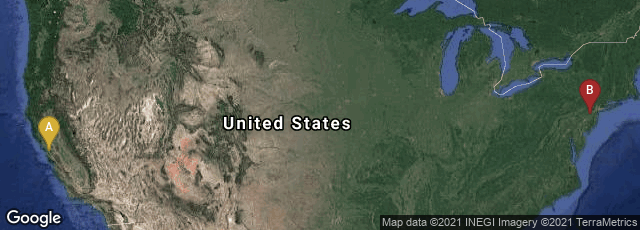
A: Berkeley, California, United States, B: Princeton, New Jersey, United States
In February 2010 biosocial anthropologist Diane Harley, director of the Higher Education in the Digital Age (HEDA) project at the Center for Studies in Higher Education at the University of California at Berkeley, and colleagues, published Assessing the Future Landscape of Scholarly Communication: An Exploration of Faculty Values and Needs in Seven Disciplines.
"Since 2005, the Center for Studies in Higher Education (CSHE)... has been conducting research to understand the needs and practices of faculty for in-progress scholarly communication (i.e., forms of communication employed as research is being executed) as well as archival publication. The complete results of our work can be found at the Future of Scholarly Communication’s project website. This report brings together the responses of 160 interviewees across 45, mostly elite, research institutions to closely examine scholarly needs and values in seven selected academic fields: archaeology, astrophysics, biology, economics, history, music, and political science.
"The report is divided into eight chapters and can be read in its entirety online (733 pages) or can be downloaded in a PDF file, as can any individual chapter" (http://escholarship.org/uc/cshe_fsc, accessed 02-12-2010).
As a reflection of how parallel research may be conducted on subjects from different approaches, in 2013 William G. Bowen of Princeton, former president of the Andrew W. Mellon Foundation, the organization that fundated the Berkeley project, published a book entitled Higher Education in the Digital Age through Princeton University Press, and by 2014 this book was in a revised edition. The focus of Bowen's book was on the exploding costs of education and the rapid expansion of online courses as a way to "slow the rising cost of college and help solve the crisis of affordability."